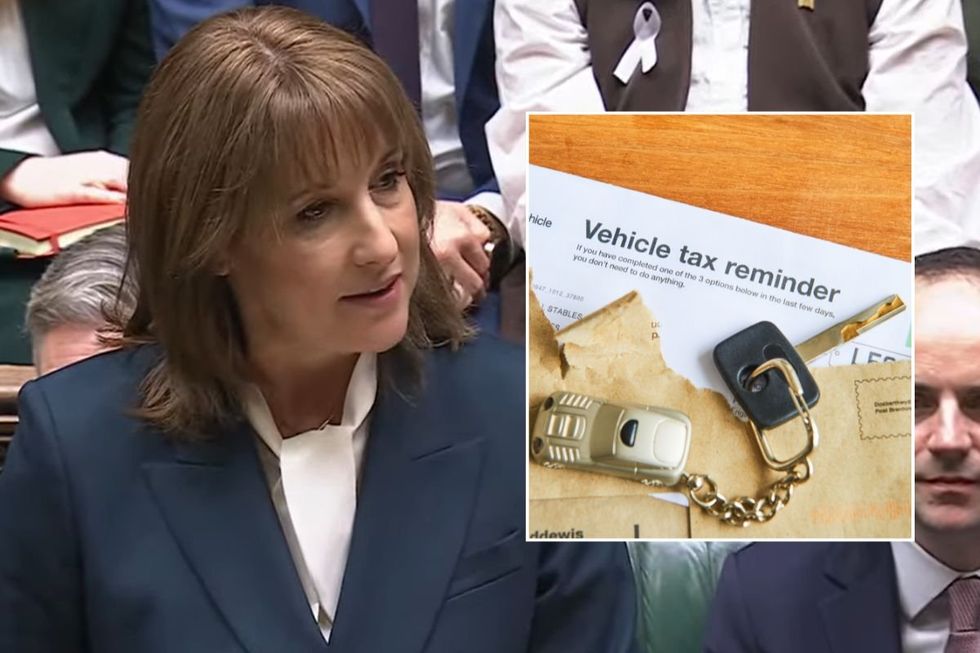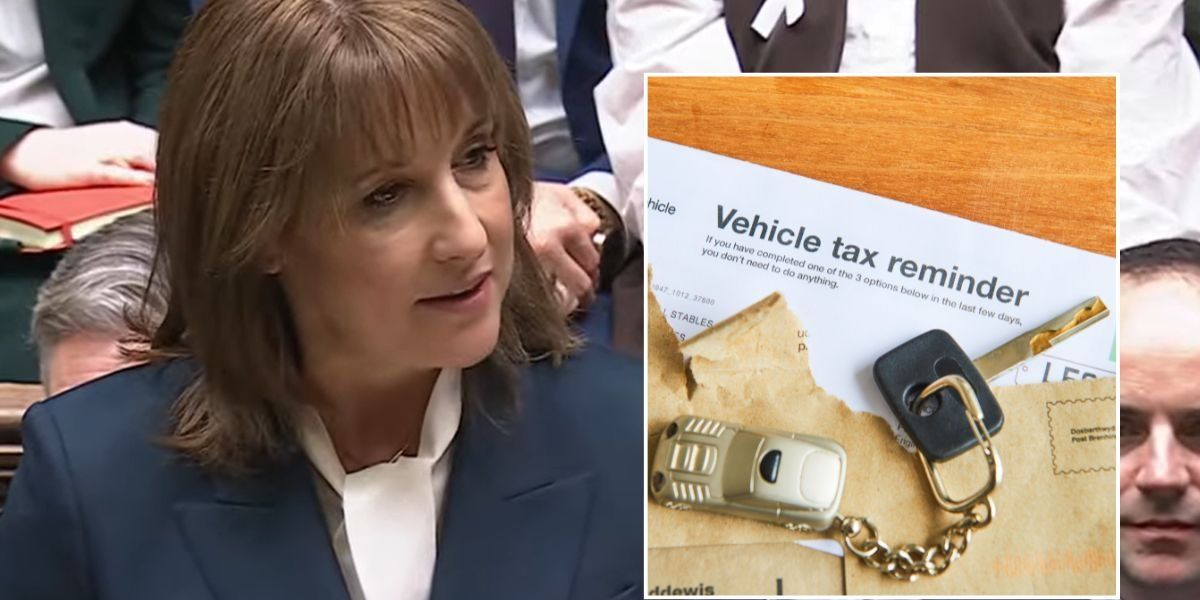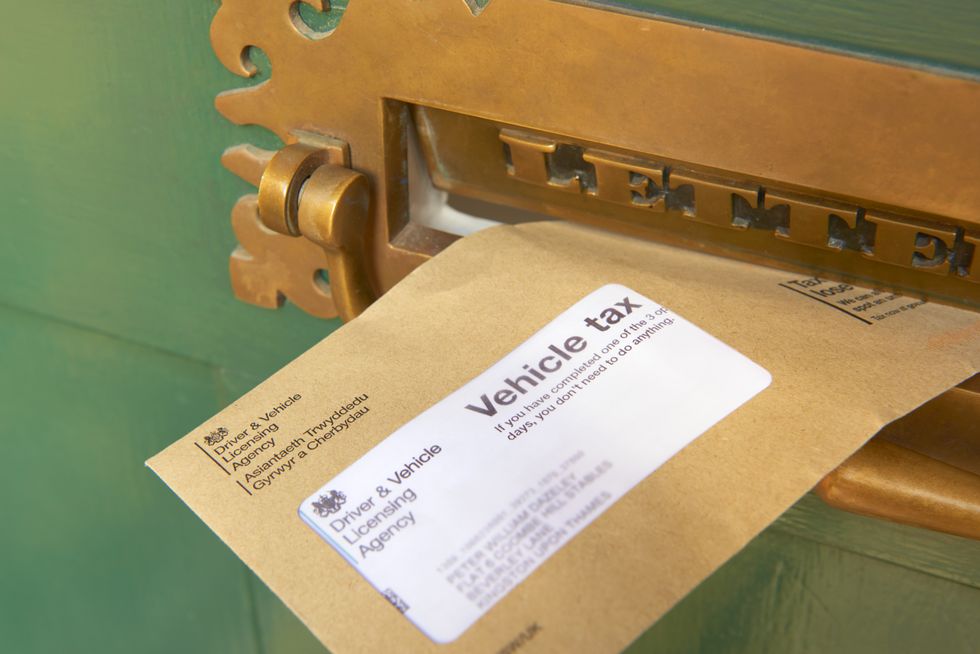Rachel Reeves has announced significant changes to how petrol and diesel drivers will pay car tax in a blow to millions of motorists across the UK.
The hikes to Vehicle Excise Duty were unveiled during this year’s Autumn Budget, with the Chancellor setting out tougher rules for how petrol and diesel drivers pay for car taxes next year.
The changes specifically dictate how Vehicle Excise Duty rates for cars, vans and motorcycles will fall in line with inflation, with new rates due to come in from April 1, 2026.
The Budget also saw the Government uprate car taxes for Heavy Goods Vehicles, which will also fall in line with inflation from April 1, 2026.
The Budget document shared: “The taxation of motoring is a critical source of funding for public services and investment in infrastructure, including upkeep of the roads.”
The document explained how, historically, motoring taxation has been structured around two elements, taxation on the usage of the vehicle, primarily via fuel duty and taxation on the ownership of the vehicle, primarily via annual Vehicle Excise Duty.
It added: “The Government is also announcing specific measures to help consumers choose EVs and to support UK automotive manufacturers, bolstering British industry.
“This support will be in place immediately across both the tax system and additional spending.”

During last year’s Budget, Ms Reeves announced a series of hikes to VED, which came into effect this April. As part of the changes, electric vehicles were charged the car tax for the first time.
In April, zero emission cars were forced to pay the lowest first-year rate for VED at £10 until 2029-30. Meanwhile, rates for cars emitting 1-50g/km of CO2, including hybrid vehicles, increased to £110 for 2025-26.
Rates for cars emitting 51-75g/km of CO2, including hybrid vehicles, jumped to £130 for 2025-26, while all other rates for cars emitting 76 g/km of CO2 and above doubled from their current level for 2025-26, to a maximum of £5,490.
During last year’s Budget, Ms Reeves said: “Madame Deputy Speaker, we want to support the take-up of electric vehicles.
“So I will maintain incentives for electric vehicles in Company Car Tax from 2028 and increase the differential between fully electric and other vehicles in the first year rates of Vehicle Excise Duty from April 2025. These measures will raise around £400million by the end of the forecast period.”
Reacting to the Budget, Sue Robinson, Chief Executive of the National Franchised Dealers Association, explained that the announcement made today by “provides some optimism” but it also underlines that in many areas the Government continues to “fall short in delivering meaningful support for the automotive industry, such as the pay per mile tax”.
Electric vehicle owners started paying VED in April 2025
| GETTY
She shared: “With the Government now limiting itself to one fiscal event each year, the Budget carries greater significance, and the sector has been anticipating clearer direction since Rachel Reeves’ first Budget in October 2024 and the Spring Statement in April 2025.”

